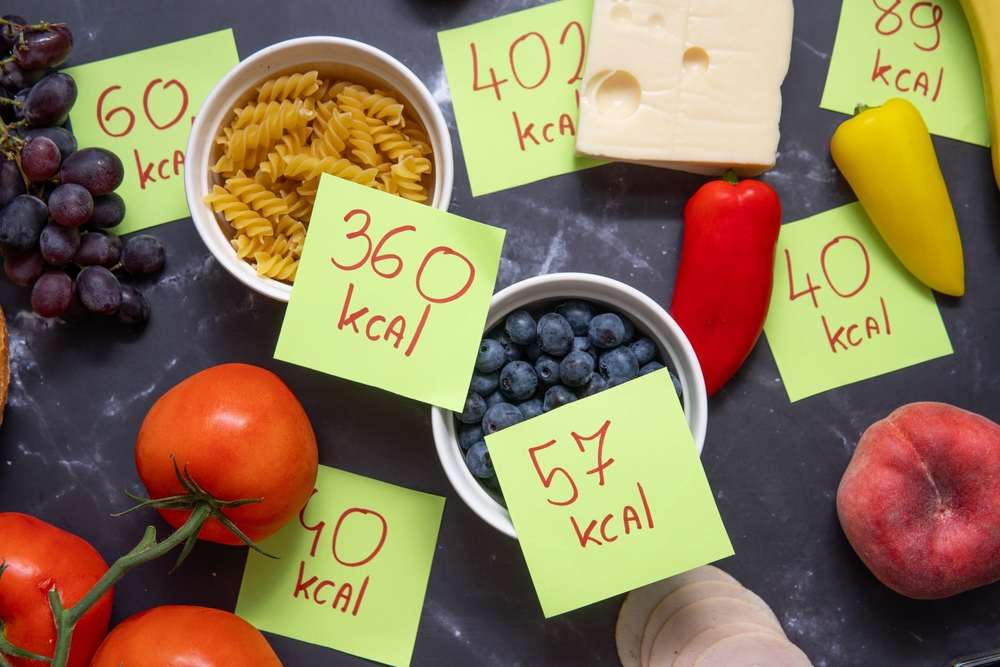For many people looking to manage their weight, calorie counting seems like a logical starting point. The method is straightforward: track the energy you consume to ensure it aligns with your health goals. But the big question remains: does calorie counting work? The answer isn’t a simple yes or no. While it can be a highly effective tool for some, it’s important to understand both the benefits and disadvantages of calorie counting. This approach provides valuable data about your eating habits, but it may not be the perfect fit for everyone’s lifestyle or psychological well-being. Log on to https://doralhw.org/specialties/bariatric/ know more about weight loss.
The Science Behind Calorie Counting
At its most basic level, weight management is about energy balance. A calorie is a unit of energy, and your body needs a certain amount to perform its daily functions. If you consume more calories than your body burns, it stores the excess as fat. Conversely, if you burn more calories than you consume, your body uses stored fat for energy, leading to weight loss.
Calorie counting is the practice of tracking your daily food and drink intake to monitor this energy balance. By creating a consistent calorie deficit—burning more than you eat—you can achieve weight loss. The effectiveness of this method is rooted in this fundamental principle of thermodynamics.
The Benefits and Disadvantages of Calorie Counting
Deciding whether to count calories requires weighing its potential upsides against its possible downsides. Let’s explore both sides to help you determine if it’s the right strategy for you.
Key Benefits of Tracking Calories
- Increased Awareness and Education: One of the most significant advantages is the insight it provides into your eating habits. You learn which foods are high in calories and which are more nutrient-dense. This knowledge empowers you to make more informed choices in the long-term, even if you stop counting calories eventually.
- Provides Concrete Data: Calorie counting offers clear, objective feedback. It removes the guesswork from dieting, showing you exactly how much you’re consuming. This data-driven approach helps you identify patterns and adjust your intake to overcome weight loss plateaus.
- Flexibility in Food Choices: Unlike restrictive diets that ban entire food groups, calorie counting allows for flexibility. As long as you stay within your daily calorie target, you can incorporate your favorite foods in moderation. This can make the process more sustainable and less depriving.
Potential Downsides and Challenges
- It Can Be Time-Consuming: Accurately tracking everything you eat and drink requires effort. Weighing food, reading labels, and logging entries in an app can become tedious over time, leading some people to abandon the practice.
- Inaccuracy of Labels and Estimates: Calorie counts on food labels can have a margin of error. Additionally, estimating portion sizes when dining out can be difficult, leading to inaccuracies in your tracking. This can create a false sense of precision.
- Focus on Quantity Over Quality: A major pitfall is becoming so focused on the numbers that you neglect nutritional quality. A diet of 1,500 calories from processed foods is vastly different from 1,500 calories from whole foods like fruits, vegetables, and lean proteins.
- Potential for Unhealthy Obsession: For some individuals, calorie counting can lead to an unhealthy relationship with food. It may trigger obsessive thoughts, anxiety, or disordered eating patterns. It’s crucial to approach it with a balanced mindset.
When Is It Time to Seek Professional Help?
While calorie counting can be a useful tool, it may not be sufficient for everyone, especially those with significant weight to lose or underlying health conditions. If you’ve tried various methods without success, it might be time to consult a professional.
A bariatric doctor can offer a comprehensive evaluation of your health and help you create a personalized, effective weight management plan. For individuals who need more intensive support, options like weight loss surgery can be a transformative step. A reputable bariatric clinic in Brooklyn offers a comprehensive range of services, including nutritional counseling and advanced surgical procedures. Consulting with a bariatric doctor is the best way to determine if weight loss surgery is an appropriate option for your situation. Finding a trusted bariatric clinic in Brooklyn ensures you receive expert guidance throughout your journey.
Ultimately, whether calorie counting works depends on the individual. It can be a powerful educational tool that fosters accountability and mindfulness around food. However, it requires a balanced approach that prioritizes nutritional quality and mental well-being over just numbers. If it feels overwhelming or obsessive, it may be better to focus on alternative strategies, such as mindful eating or seeking professional guidance. If you are looking for a weight loss surgery center near you, contact us on +1 718 367 2555 for a consultation with our bariatric doctors. If you need help, register your information and make direct contact with our doctors at https://yuz88hfiyh7.typeform.com/Doralintake. Doral Health and Wellness has the best bariatric doctors and surgeons to treat obesity and weight problems. Book your appointment and walk in at 1797 Pitkin Avenue, Brooklyn, New York 11212.






